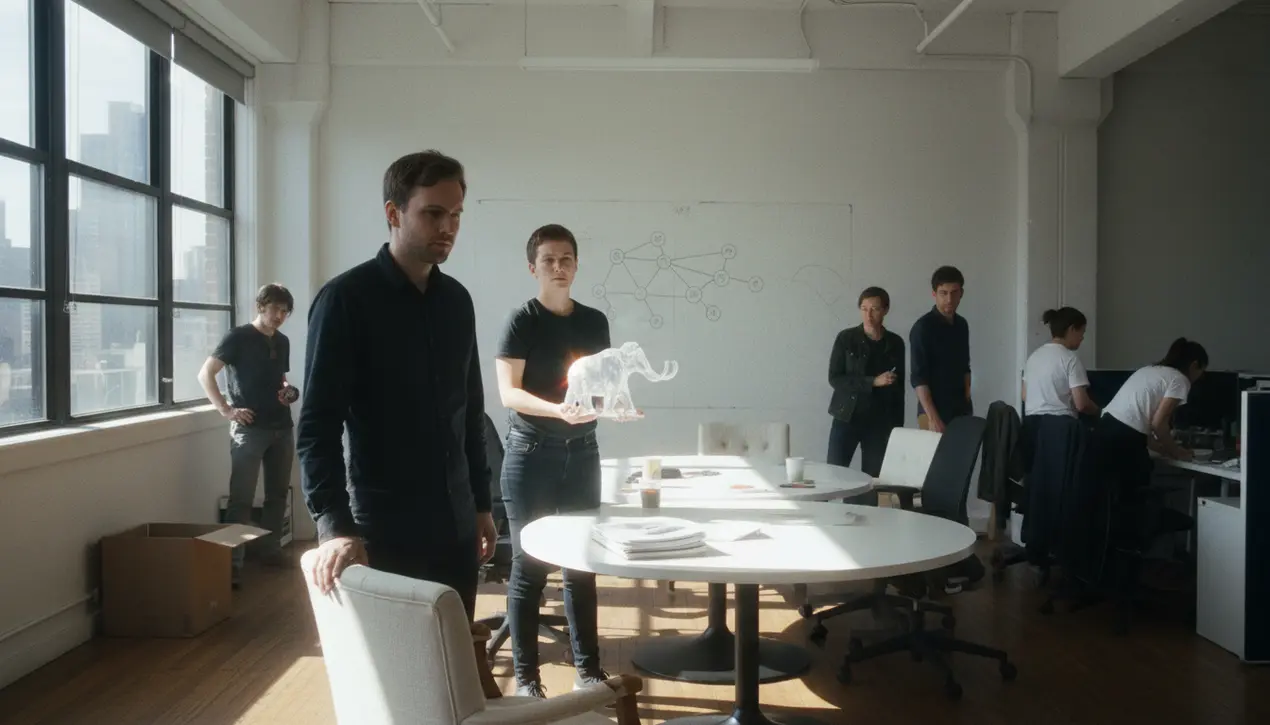
Financefintech & paymentsBlockchain and Payments
Mastodon CEO Steps Down as Network Restructures as Nonprofit
AN
Andrew Blake
2 hours ago7 min read
In a move that signals a profound philosophical shift for one of the most prominent alternatives to the centralized social media giants, Eugen Rochko, the founder and long-time CEO of the decentralized social network Mastodon, is stepping down from his executive role. This isn't just a routine changing of the guard; it's a fundamental restructuring of the entire organization.As Mastodon transitions to become a formal nonprofit entity governed by a board, Felix Hlatky will assume the mantle of Executive Director, steering the ship into this new, community-oriented future. For those of us who dive into Wikipedia rabbit holes and see the interconnectedness of tech, governance, and human collaboration, this is a fascinating case study.Mastodon, for the uninitiated, isn't a single website like Facebook or X, but a federation of thousands of independent, user-run servers, all interoperating through a protocol called ActivityPub. Rochko's vision was always antithetical to the ad-driven, data-harvesting models of Silicon Valley, but running a project of this scale, which reportedly boasts around 1.8 million monthly active users, presents immense practical challenges. The shift to a nonprofit structure, therefore, feels less like a retreat and more like a strategic maturation.It’s an acknowledgment that a project built on the ethos of decentralization in its user base must also embrace a form of decentralization in its own governance. This move can be seen as a direct response to the perennial questions of sustainability and direction that plague open-source projects.By instituting a board, Mastodon is inviting a diversity of perspectives—perhaps from digital rights activists, seasoned open-source developers, and community leaders—to guide its future, moving beyond the 'Benevolent Dictator For Life' model common in tech. Felix Hlatky, now at the helm, inherits a platform that has become a crucial refuge for academics, journalists, and marginalized communities seeking a saner online existence, especially after the tumultuous ownership changes at X.His task will be Herculean: balancing the purist ideals of the fediverse with the need for user-friendly features that can attract a broader audience, all while securing funding through grants and donations in a competitive nonprofit landscape. This transition echoes the paths of other foundational internet entities like the Mozilla Foundation, which stewards the Firefox browser, demonstrating that mission-driven technology can indeed survive and thrive outside the venture capital crucible.The real test will be whether this new governance can make decisive progress on Mastodon's known hurdles—onboarding complexity, server moderation inconsistencies, and feature parity—without sacrificing its core principles. In the grand tapestry of the internet's evolution, Mastodon's restructuring is a bold experiment in building a public square that is owned by no one and governed by everyone, a curious and hopeful step towards a more resilient digital commons.
#Mastodon
#CEO transition
#nonprofit restructuring
#decentralized social network
#featured
#leadership change
#social media
#governance
Stay Informed. Act Smarter.
Get weekly highlights, major headlines, and expert insights — then put your knowledge to work in our live prediction markets.
Comments
Loading comments...
© 2025 Outpoll Service LTD. All rights reserved.